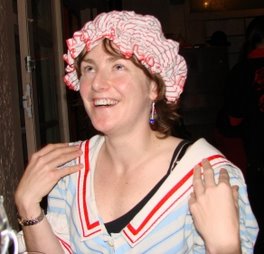So good old wikipedia to the rescue :-) I just spent the past 10 mins reading up on it and have found out that it's all about possession and plurals.
's indicates possession
s' indicates plural
So for those of you who have also gotten rusty on your primary school english lessons are some examples from wikipedia (http://en.wikipedia.org/wiki/Apostrophe)
To illustrate that possessive apostrophes matter, and that their usage affects the meaning of written English, consider these four phrases (listed in Steven Pinker's The Language Instinct), each of which has a meaning distinct from the others:
- my sister's friend's investments
(the investments belonging to a friend of my sister) - my sister's friends' investments
(the investments belonging to several friends of my sister) - my sisters' friend's investments
(the investments belonging to a friend of several of my sisters) - my sisters' friends' investments
(the investments belonging to several friends of several of my sisters)
- "Those things over there are my husbands."
(I'm married to those men over there.) - "Those things over there are my husband's."
(Those things over there belong to my husband.)
So I can assure you that I will still much it up sometimes. But at least now I have a way of working out what should be the correct use of the '
Right Paul - no testing on this one at home ok ;-)




1 comment:
Ah but did you also know that
"Its book" as in the book belonging to it, is one of the only possesives that does not have an apostphrophe?
And - the easiest way to remember apostophe rules is to ask "to whom does the object belong?" and then put the apostrophe after that.
E.g. "Girls' High School"
Q: To whom does the school belong?
A: The Girls
GeeeeeeeeeeeeeeeeeK
Post a Comment